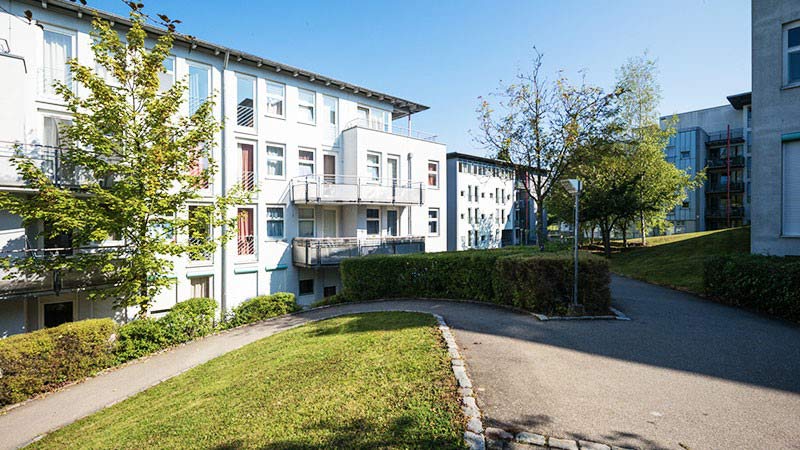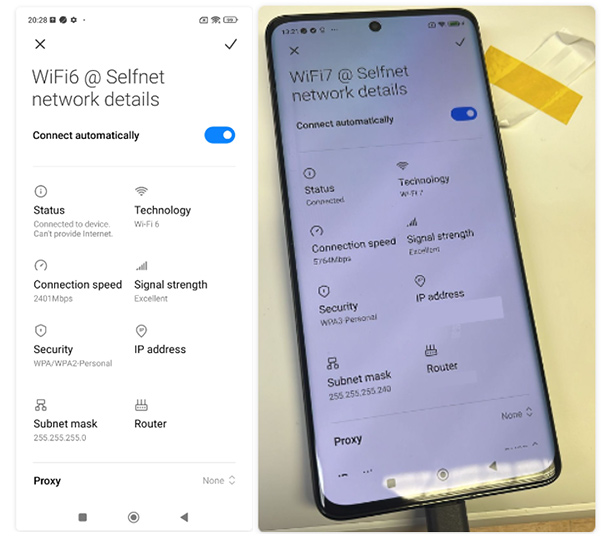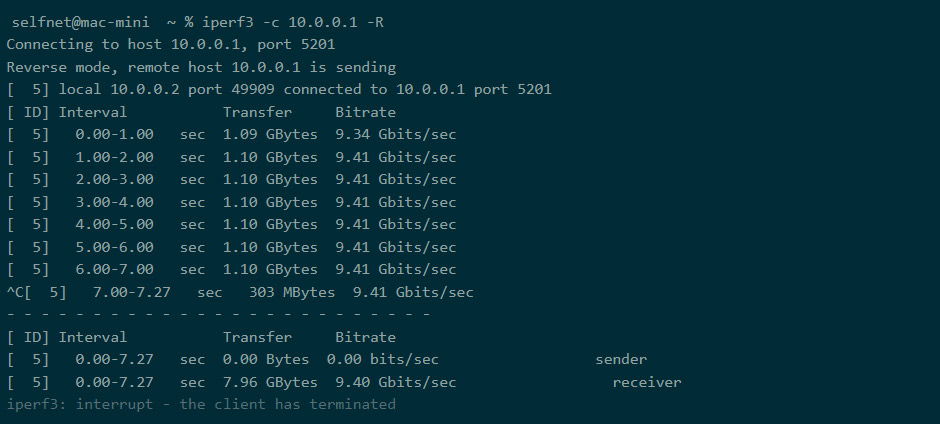Upgrading Selfnet’s Campus Experience with Huawei High-Quality mGE + Wi-Fi 7 Network
– 1st multi-GE + Wi-Fi 7 Higher Education Use Case in Europe
This site uses cookies. By continuing to browse the site you are agreeing to our use of cookies. Read our privacy policy>
![]()
Enterprise products, solutions & services
Founded in 1999 and run entirely by student volunteers, Selfnet is a German non-profit student association that aims to promote ICT education. It stands for “Self-Network” and offers a powerful network for student dormitories in Stuttgart, Ludwigsburg, and Esslingen. Student members from Selfnet can thus gain their online learning resources and hands-on experience through their self-managed network. That is to say, Selfnet builds and manages student dormitory networks that are constructed entirely by students, for students. This is a very big change from how things are usually done, where traditional educational institutions keep campus network operations well out of students’ hands.

In line with the purpose of Selfnet to promote ICT knowledge transfer, Selfnet began setting up a Wi-Fi network in several dormitories in October 2013 to offer wireless network access in addition to the wired Gigabit connection in every room. Currently, 24 residential halls have Wi-Fi access, covering around 4,400 students (more than half of Selfnet’s total members) with a peak of around 4,000 clients accessing the network simultaneously. As an ICT-related student organization, Selfnet has consistently been at the forefront of technological progress. It deployed both Huawei Wi-Fi 6 and Wi-Fi 6E when Wi-Fi 6 related products just entered the global market. Nowadays, Selfnet once again became an early adopter of Huawei Wi-Fi 7 APs. It is now considering replacing the existing Wi-Fi 6 devices in its Vaihingen office with Wi-Fi 7 devices. This change will not only improve the overall network performance but also provide the opportunity to utilize the 6 GHz band. Under the circumstances that the Wi-Fi 7 standard (IEEE 802.11be) has its preliminary agreement and some of the Wi-Fi 7 chips have been released by mainstream suppliers, Wi-Fi 7 APs are already being offered by the first manufacturers such as Huawei. Selfnet, as a frontrunner of ICT education, would also love to keep up on trends in the era of Wi-Fi 7.

Under the circumstances that the environment and layout of each dorm site were widely different, Selfnet had to consider multiple challenges and select the suitable WLAN offerings in the phase of network planning and deployment. At some locations, Huawei access controllers (ACs) and high-density APs enable easy access to the campus network. For example, Huawei’s latest Wi-Fi 6E AP AirEngine 6761-22T, Huawei wireless access controller (WAC) AC6805, Huawei Wi-Fi 6 AP AirEngine 5760-10 are used in different dorm sites at Selfnet. They provide the students with multi-band access, Gigabit connection speeds, and low latencies by leveraging Huawei’s innovative technologies such as multimedia intelligent scheduling and smart antennas. Along with Huawei’s long-term reliable product-lifecycle planning and 24/7 service support, Huawei has offered a comprehensive portfolio that enabled Selfnet to seamlessly upgrade its WLAN network while securing its investments for years to come.
To further advance Selfnet’s both indoor and outdoor campus network experience, Selfnet chose Huawei Wi-Fi 7 APs AirEngine 8771-X1T in some specific locations such as its office spaces and the common areas outside the dorm rooms. This is also the first time for Selfnet to deploy Wi-Fi 7. As other types of Wi-Fi 7 APs will successively enter the market in the next 1-2 years, these could be used in the dorm rooms, libraries, and many other places in the future.
On October 18, 2023, Selfnet posted a blog showcasing how it conducted Huawei Wi-Fi 7 AP AirEngine 8771-X1T field tests in a server room in Vaihingen, Germany.
• Test Setup: Huawei AC6805 WLAN controller, Huawei AirEngine 8771-X1T AP and a Xiaomi 13 Pro.
• Test Goals: Evaluate the maximum speed and performance of Huawei Wi-Fi 7 as well as what it possible with the new Wi-Fi 7 technology.
• 3 Test Scenarios Based on the Positioning of the Test Device: Speed tests under optimal (STA close to the AP), reality (2m & 10m between the STA & the AP), and extreme (a metal door positioned between the STA & the AP while their distance was about 3m) conditions.


In its test report, it concluded that Huawei enterprise-level Wi-Fi 7 AP AirEngine 8771-X1T offers impressive capabilities in terms of bandwidth and performance, which is better than Wi-Fi 6 significantly. For instance, “right from the initial connection setup, significant differences between the two standards become apparent. While Wi-Fi 6 establishes a connection rate of 2401 Mbps between the smartphone and AP, Wi-Fi 7 surpasses this with a more than doubled rate of 5764 Mbps under optimal conditions. What’s more, in two of three test-scenarios, twice the speed of Wi-Fi 6 was easily achievable. Particularly impressive was the fact that at distances of over 10 meters, download speeds of over 1 gigabit were achieved.
As Huawei's 1st enterprise-level Wi-Fi 7 AP that supports the 6 GHz band, Huawei AirEngine 8771-X1T has two RJ45 ports with 10-gigabit interface speed and one SFP+ port. In addition, it has built-in dynamic-zoom smart antennas, on-demand 5G/6G switching, exclusive hybrid cables with 300 m PoE++ power supply and many other features. The actual results tested by the client Selfnet itself further proved Huawei’s technical innovation and market impact in Wi-Fi 7. These findings also showed that Huawei Wi-Fi 7 could open up exciting prospects for offices, libraries, dormitories, university buildings, research centers, etc. in either education scenarios or even more sectors across the globe. Selfnet, a German student organization that is run exclusively by volunteers, showed with their practical tests, which impressive performance what might by practically possible with Wi-Fi 7. Working with Huawei, Selfnet will continuously follow up with new offerings to support the development of a new wave of ICT professionals, thereby giving them better online resources and hands-on experiences they need to get to where they want to be.